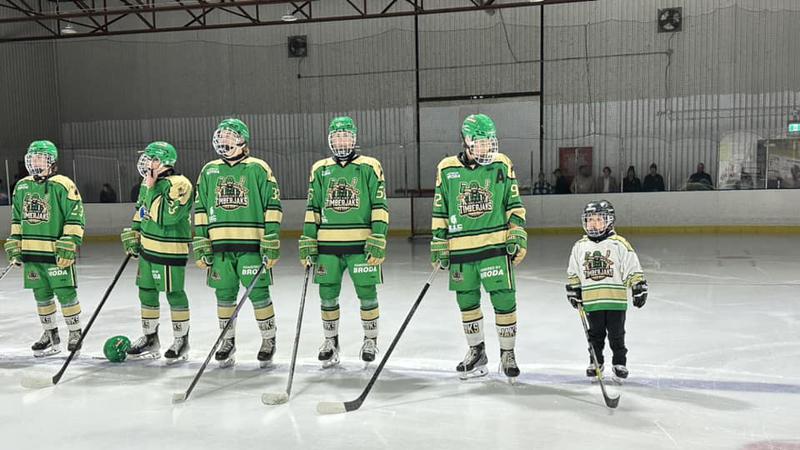Serbia reopens National Museum after 15-year renovations
BELGRADE, Serbia — Serbia has reopened the country’s main museum, 15 years after it was closed for renovation following neglect during the era of wars and economic crisis in the 1990s.
Hundreds of citizens flocked to the National Museum in central Belgrade late on Thursday as it opened its doors after a ceremony attended by the country’s prime minister and public figures. A promotion video for the occasion featured Ukrainian ballet star Sergei Polunin, who also holds a Serbian passport.
The museum holds a collection of key archaeological findings from the area, important works of key Serbian artists but also works by Pablo Picasso and Edgar Degas. Its years-long closure had drawn public criticism of the government’s policies toward culture.
Prime Minister Ana Brnabic said she was “endlessly happy and proud” that her government finally has finished the job. She said the museum’s ordeal symbolizes the era “when culture was marginalized.”


